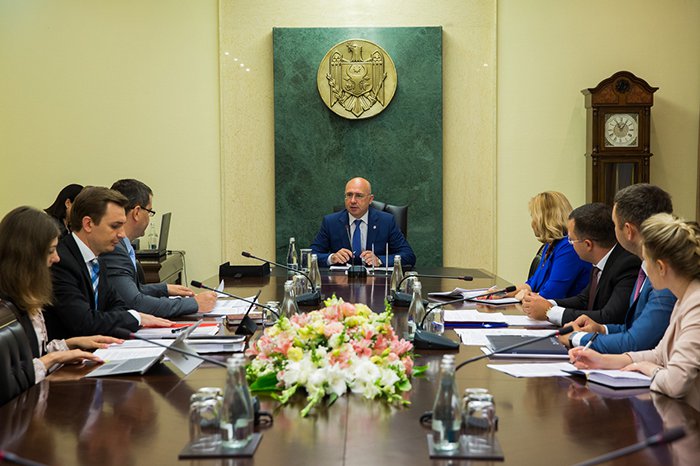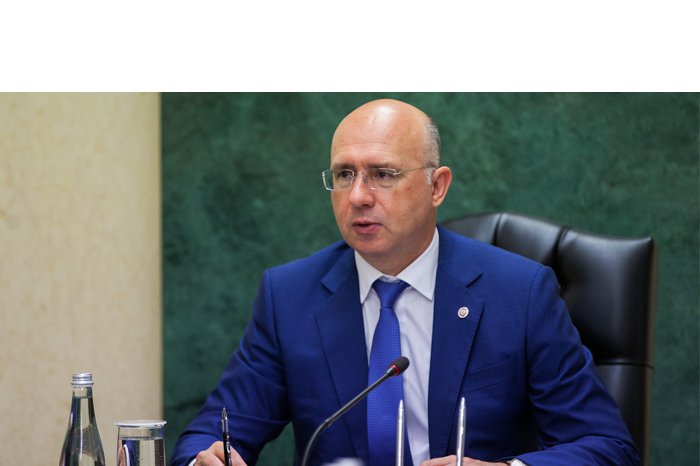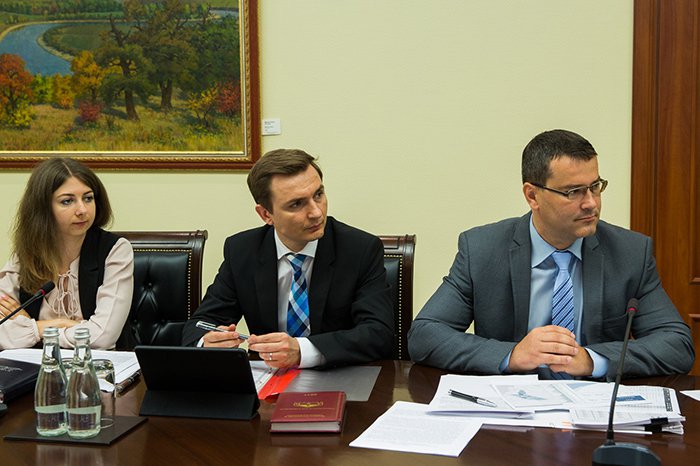Moldovan PM says quality, quickness needed in carrying out projects on roads' restoration
15:38 | 19.07.2018 Category: Official
Chisinau, 19 July /MOLDPRES/ - The carrying out of projects on roads’ restoration in Moldova, initiated both from domestic and external sources, was analyzed at a working meeting at the government today, the government’s communication and protocol department has reported.
Prime Minister Pavel Filip reiterated that the roads’ infrastructure was one of those three priorities of the cabinet, besides the modernization of the education system and ensuring the supremacy of law.
As for the Good Roads for Moldova programme, decision-makers from the Economics and Infrastructure Ministry reported that the works were carried out in line with the plan elaborated: 30 per cent of the investments volume has been fulfilled, 313 km of roads out of those 1,200 km planned have been restored and works are carried out on another 222 km. Those who carry out the restoration works are in permanent contact with the local public administration and citizens, in order to discover eventual problems.
Detailed information was also unveiled on the level of fulfillment of contracts financed from foreign sources, with the support of the European Bank for Reconstruction and Development (EBRD), European Investment Bank (EIB) and World Bank. The participants in the meeting analyzed the procedure of holding tenders and of working out needed projects, problematic segments and cancellation of contracts with the enterprises which fail to fulfill their commitments. The participants said that the necessity to observe the procedures established by financers was the main reason for a slow carrying out of some projects.
In the context, the PM asked for simplifying all procedures applied within the projects from external sources, in order not to allow procrastinations. “We should avoid clumsy procedures. We need quality and quickness,” Pavel Filip stressed.
The participants in the meeting also discussed the identification of solutions to some sectors with more problems: L326 M2 Clișova–Suhuluceni–Leușeni–Verejeni; G 109 Bulboaca–Delacău and the road of access to the border checkpoint Palanca. In these cases, decision-makers found ways of re-allocating means to ensure projects’ financing.
Also, the participants in the meeting considered proposals coming from Belarus and China, to carry out projects on improving the road infrastructure.



